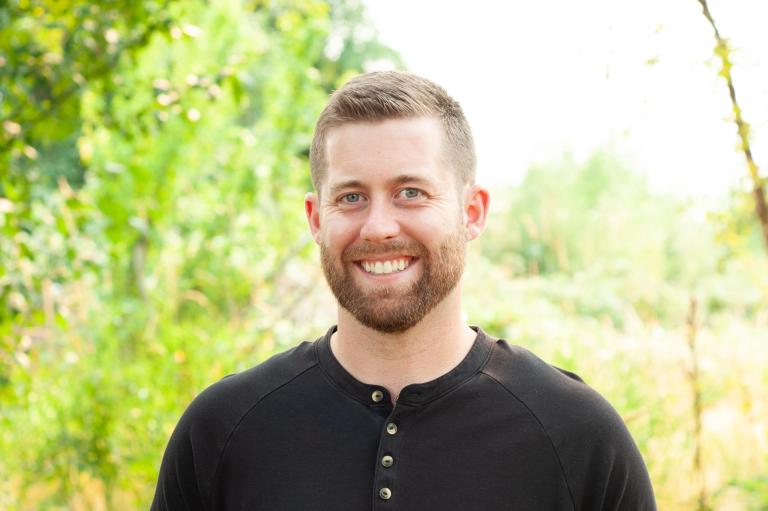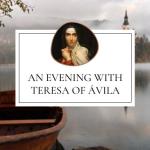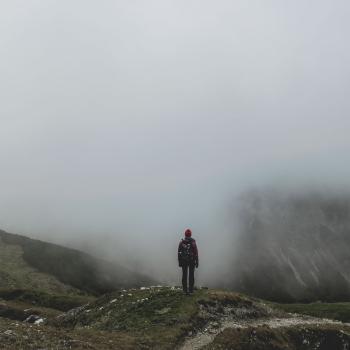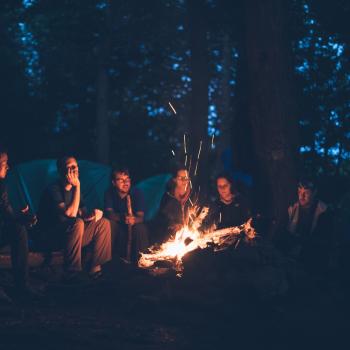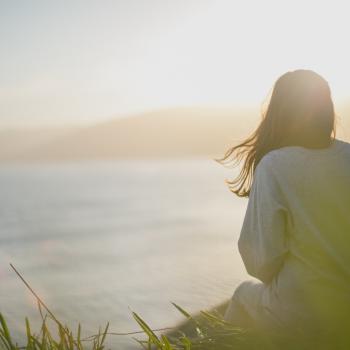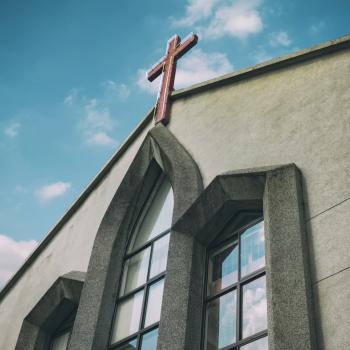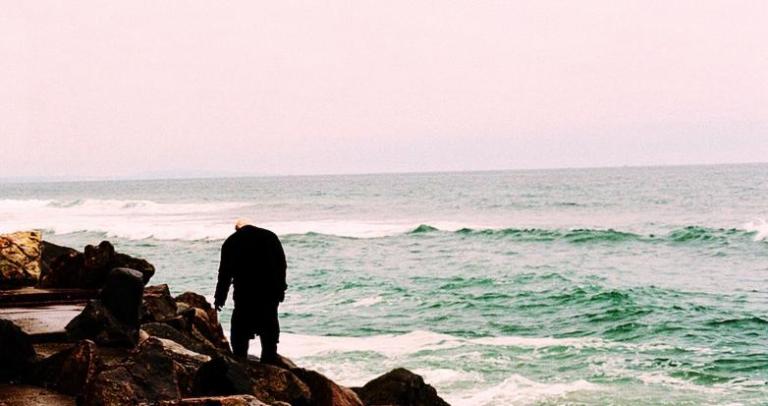
I stood at the art gallery, trying to understand what I was looking at. All around me were pieces of beauty attached to the walls, strokes of color splashed across canvases and folks in suits meandering about. I felt out of place, but nonetheless enthralled by what was in front of me: a large chunk of blank canvas with the words “Kids are the Future” scribbled in tiny letters in the corner.
I remembered back to when I was eight years old and I wrote that very same phrase on a chalkboard in the church I was attending. It was my way of staking a claim, of reminding the members of the church that I had importance. It was an act of powerful rebellion for a young child in the midst of grownups.
As I thought back to this moment in my life, an older man slowly walked up beside me and took his turn to observe the art piece. After a moment or so, he said to me, eyes still locked on the canvas: “Kids are not the future; elders are.”
Kids are not the future; elders are.
I turned to him slowly as I asked him to explain. I had always been taught kids are the future, as this art piece stated – it was obvious! For our communities and societies to have hope, our children and their children have to do better than us. Growth happens through progress, generation by generation!
This man, who I would come to find was a leader in one of the local indigenous communities, continued:
“Our culture celebrates youth – teenagers in particular – without understanding where they come from. Kids are taught by adults and by elders. They are a mirror of the maturity of the adults in their lives. Without mature elders, we have immature kids.”
What truly determines the future of our culture and society is the wisdom and depth of its elders.
If you’re interested in engaging the teachings of an elder in the Christian tradition, I’ll be hosting an evening of guided journaling and body practices this month based on the teachings of Teresa of Ávila’s Interior Castle. Find out more here.
The Eldership of a Culture
Richard Rohr, one of my teachers at the Living School for Action and Contemplation, once said that our society creates plenty of elderly people, but rarely creates elders. The two are not the same. People become elderly through the act of aging; they become elders through the experiences of falling and failing, learning to listen, rising with wisdom, and creating sacred space for those around them.
Or, the way I usually say it: an elder is one who has lived a life well and now has the abundant capacity to share of its pains and its beauties.
When I was coming out of high school, I was starving for eldership – for an elder who could show me what it meant to be a healthy adult, and especially, a healthy man. I witnessed older folks around me behaving the same as my high school peers – with all the gossiping, institutional politicking, backslapping, and complaining that entailed. Sure, there were wonderful, well-intentioned and nice folks as well – but I wondered where I could find a true wisdom teacher, someone who embodied the wisdom found in the depths of their story.
I believe this is what many young people come face to face with in their later high school and college years: a deep desire for companionship and eldership, someone to act as a wilderness guide through the new terrain. But when we look to the institutions where the “elders” are – for me, it was churches and fraternal organizations – we often find a lack of this kind of spiritual maturity and emotional abundance.
No wonder we don’t stay within those institutions. And those of us who do frequently acclimate into the pervasive culture of those spaces, learning to mirror the immaturity found there, just as the man in the art gallery said.
Either way, we continue on without the eldership we so need.
Raising Up Elders
There is an organization I’ve been loosely affiliated with for several years now, Illuman. It is an organization specifically dedicated to offering rites of passage for men – to creating rituals that support men growing up.
But they also have a program known as the Elders Rites of Passage that I have heard amazing things about again and again. Every man I know who has gone through it has referred to it as a life-changing experience.
On the page for my local Washington chapter, it says:
“Eldering is an active listening to the needs of future descendants and creating space for them now. It is a dance transcending all traditions while affirming the best in each and pushing us to celebrate our own. It is a shifting focus from transformative action to transformative presence, from doing to being…
Eldering’s constant refrain of letting go, of releasing, of non-doing is not about withdrawal, but rather a step into radical and deeper engagement in the world in a different manner. It is a re-entrance into the conversation with a new slate of gifts to offer, a new song to sing, a new understanding to share.”
No matter what context you’re in, I invite you to check out how they speak about eldering and the role of elders in a society. Think about where elders might be in your life – and if you see yourself as one – and how you might approach them as an elder, honoring the wisdom held within their story.
And if you’re a community leader, no matter what form that might come in, I implore you to question how you might be raising up elders, or possibly, keeping elders from arising. How are you asking them to investigate their own stories, learn from their experiences, explore the mystery of life, shift into transformative presence, and show up in the lives of others in new and open ways.

